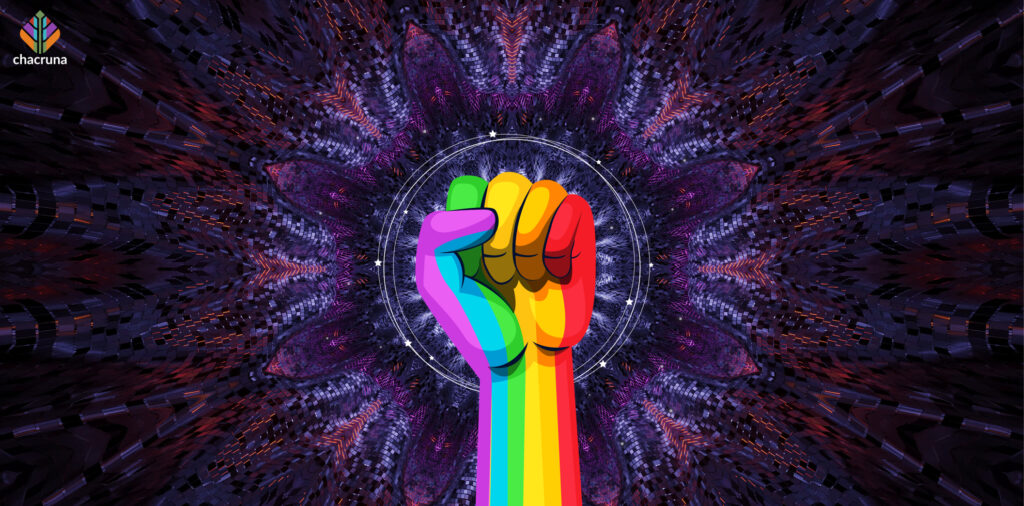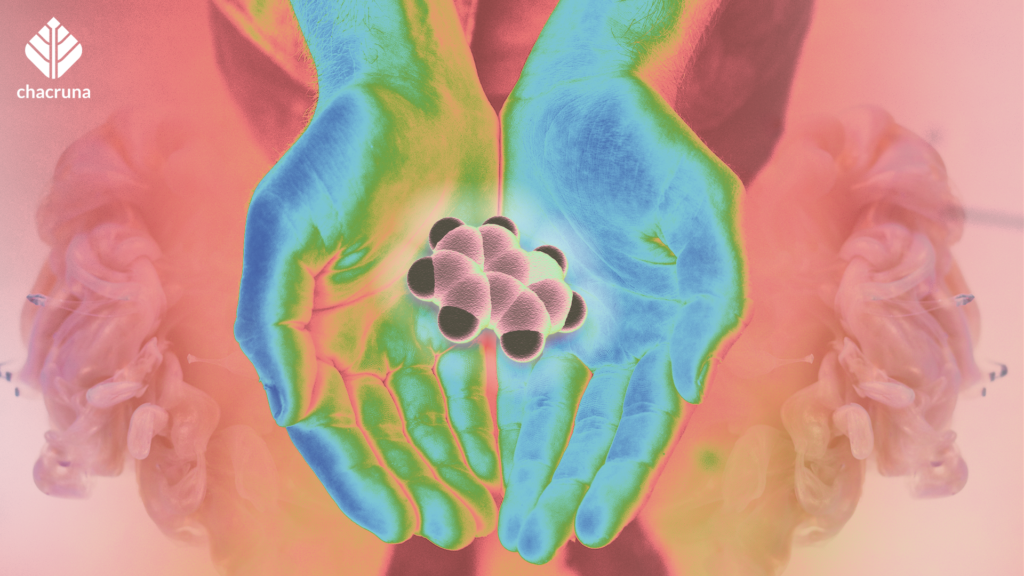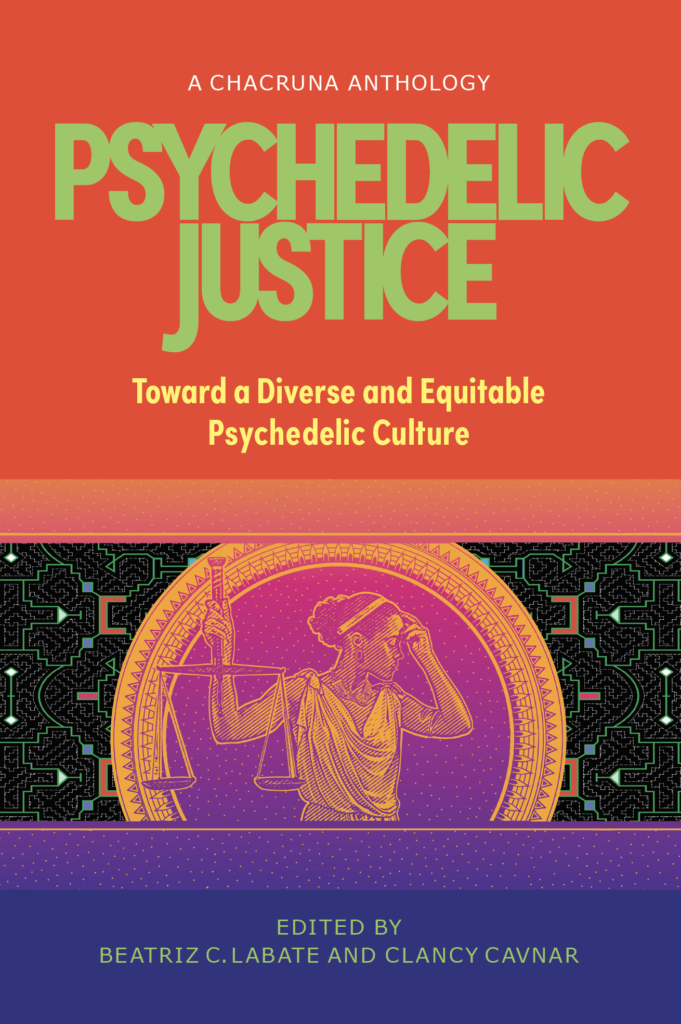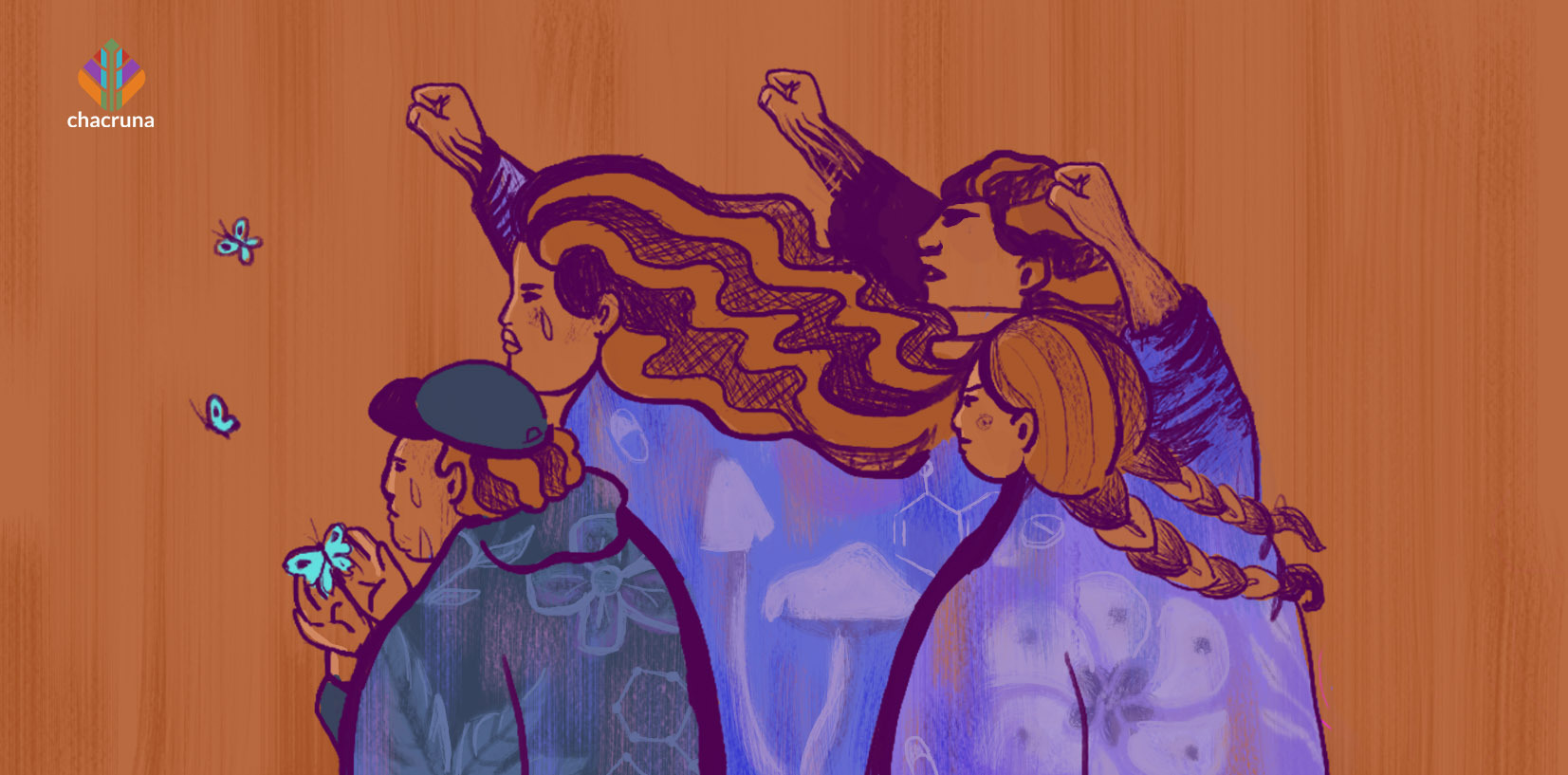- Psychedelic Justice: Creating a Socially Just Psychedelic Renaissance - August 16, 2021
- Hate & Social Media in Psychedelic Spaces - November 5, 2020
- Ensuring Psychedelic Liberty in Black and Brown Communities: Questions to Ponder - April 16, 2020
This book is a must-read for everyone in the field, especially those who believe the psychedelic community is a space of liberty and justice for all.

Recordings are now available to watch here
I recently had the pleasure of previewing the new Chacruna book, Psychedelic Justice: Toward a Diverse and Equitable Psychedelic Culture, edited by Beatriz C. Labate and Clancy Cavnar. This book is a compendium of some of the best writings on social justice concerns in psychedelics, tackling critical issues related to inclusion and equity, sustainability, cultural appropriation, capitalism, heteronormativity and oppression in psychedelic-assisted therapy training models, sexual abuses within psychedelic circles, and the need to expand the harm reduction community. This book is a must-read for everyone in the field, especially those who believe the psychedelic community is a space of liberty and justice for all.
The psychedelic renaissance is upon us. We are at the brink of seeing psychedelics gain widespread acceptance and recognition for their potential for radical healing. Nevertheless, the psychedelic community is fractured and at risk of being forever broken. We have not lived up to the potential contained within these sacred substances and our current trajectory leaves little promise that we ever will. Importantly, Psychedelic Justice not only demonstrates the many ways we have failed to live up to the promise and potential of a psychedelic renaissance, but it also offers strategies to correct our course as a community and to revolutionize society.

What is Psychedelic Justice?
Psychedelic justice is often used in differing, sometimes even contradictory, ways. Many use the term to focus on decriminalization of the use of psychedelic substances; some go further to advocate for legalization, not mere decriminalization, and to encode these as rights within national and international policies. This focus is largely on the legal carceral systems that limit our right to cognitive liberty (the right to control one’s own mental processes and consciousness, including altering one’s consciousness with psychoactive substances) and punish individuals involved in any component of manufacturing, selling, or using illegal substances. Some advocate that we address the injustices within these systems to ensure drug laws are administered equitably and to eliminate the arrest, prosecution, and sentencing disparities between whites and Black, brown, and often poor people. This shifts the focus of psychedelic justice to remediating some of the social injustices inherent in the criminalization of psychedelics and the War on Drugs of the past several decades.
Psychedelic justice moves beyond the focus on individual freedom and instead pulls for a societal level social justice movement. Such a movement demands that we focus on justice, equity, diversity, and inclusion (JEDI) broadly and comprehensively. Justice, as proposed here, requires we center on the collective, communal needs of all members of society. Enacting true justice requires we do so with an intersectional lens that prioritizes the needs of those who embody multiple intersecting marginalized identities because creating a psychedelic community that best meets the needs of those who stand in these intersections elevates us all.
Discover the Indigenous Reciprocity Initiative of the Americas
Using the earlier example of decriminalization of the use of plant substances, a psychedelic justice lens acknowledges that drug laws reinforce racism and classism, making legalization the only acceptable path forward. It also requires emancipation and reparation for the thousands of men, women, and children (most of which are Black, brown, and poor) that have been incarcerated and had their lives destroyed due to the War on Drugs. This is particularly important given that pathways toward legalization are creating fortunes for many (mostly white men), while the far less profitable sale and use of the same substances results in prison and lifelong criminal records for so many others.
Chasing medicalized models in psychedelic healing continues to limit access to healing and relegate generations of Black and brown people, particularly poor people, outside of the healing potential of psychedelics.
Beyond legalization, psychedelic justice requires widespread access to these substances as a means for enhancing well-being for everyone. Psychedelic legalization should not be restricted to medical use. Chasing medicalized models in psychedelic healing continues to limit access to healing and relegate generations of Black and brown people, particularly poor people, outside of the healing potential of psychedelics.
Psychedelic justice also requires just practices for our environment and for the sustainability of the substances themselves. When widespread use of a plant puts its very existence at risk, then those without a sacred and intergenerational connection to the plant should refrain from its use. This is currently being debated over peyote. Despite bringing the plant near extinction, many advocates for decriminalization and legalization argue that all plants should be available for use by all people. This position focuses on individual freedom to use a substance without prioritizing the larger social injustice that it creates by further risking peyote’s extinction and its sacred use by members of the Native American Church. This is inconsistent with true psychedelic justice, which would embrace the protection of this plant, as we protect animals nearing extinction, and restrict its use for the Indigenous people who have used peyote as a holy sacrament for generations.
This is the core of psychedelic justice: understanding that psychedelics are not just for personal healing, but also for the collective healing of society and all of humanity.

In Can psychedelics change our racist world order?, Akua Ofosuhene declares, “What we all need to do is actively take medicines to break the system.” This is the core of psychedelic justice: understanding that psychedelics are not just for personal healing, but also for the collective healing of society and all of humanity. When, collectively, we begin using psychedelics to break the system and rebuild one that works for all of us, we will be on the path toward psychedelic justice.

The book will be published on the 14th of September by Synergetic Press, but to purchase your copy of Psychedelic Justice in advance, click here.
Art by Karina Alvarez.
Suggested Readings
Brown, A. M. (2017). Emergent strategy, shaping change, changing worlds. Chico, CA: AK Press.
Davis, D. (2017). How my elders’ sacred peyote is disappearing. Chacruna. https://chacruna.net/my-elders-sacred-peyote-is-disappearing/
Labate, B. C., & Cavnar, C. (2021). Psychedelic justice: Toward a diverse and equitable psychedelic culture. Santa Fe, NM: Synergetic Press.
Breaking Convention. (2019, August 29) Akua Ofosuhene – Can psychedelics change our racist world order [Video file]? YouTube. https://youtu.be/G4_fziagJms
Take a minute to browse our stock:
Did you enjoy reading this article?
Please support Chacruna's work by donating to us. We are an independent organization and we offer free education and advocacy for psychedelic plant medicines. We are a team of dedicated volunteers!
Can you help Chacruna advance cultural understanding around these substances?
















